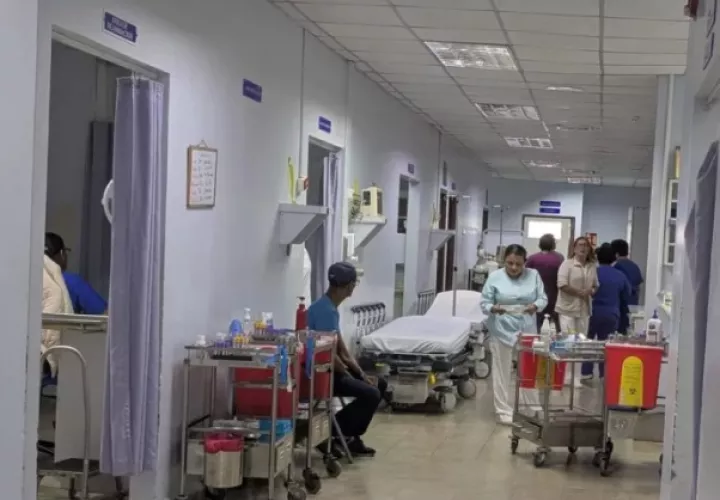Support for lab generated mosquitoes to fight dengue

Entomologists and human health researchers meeting in Panama have supported the studies for the development of transgenic male mosquitoes capable of reducing the Aedes aegypti population, dengue fever's agent.
Nestor Sosa of the Gorgas Memorial Institute for Health Studies (ICGES) ba

sed in Panama, said the project is still at an initial phase and is still following the biosecurity protocols. It is expected that lab generated male insects will compete against wild species for mating with wild females.
The initiative was launched in Panama by the ICGES in collaboration with the Oxitec Company, from the United Kingdom, and plans the use of a lethal gene in to cut the reproducing cycle of the vector which has more than 300 years
in the region and is spread across all the continents.
The production of transgenic mosquitoes has been objected to by environmentalist groups warning about the possibility of generating a "super insect" highly resistant to insecticides, in the face of the possibility of a small mistake margin.
However, Pan-American Health Organization advisor, Cuban epidemiologist Jose Luis San Martin said the studies are based on the use of species which will ensure the females will not produce descendants.
San Martin calls for community hygiene, the elimination of breeding grounds, the proper training of health personnel and for a quicker and more accurate diagnosis of the disease, and the proper medical follow-up of detected cases.





